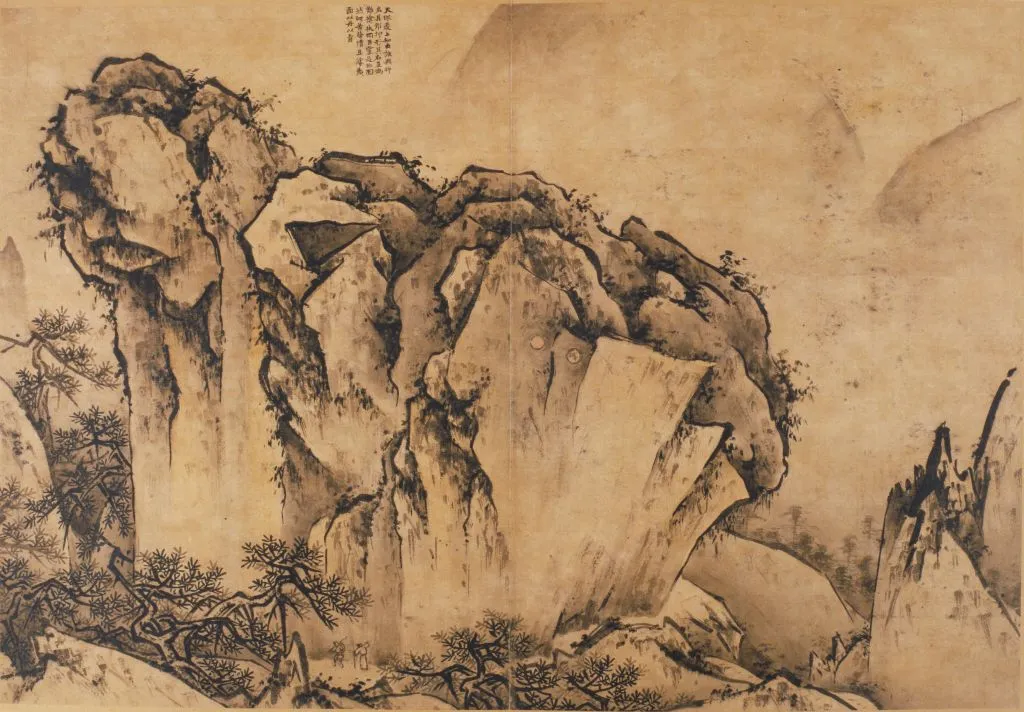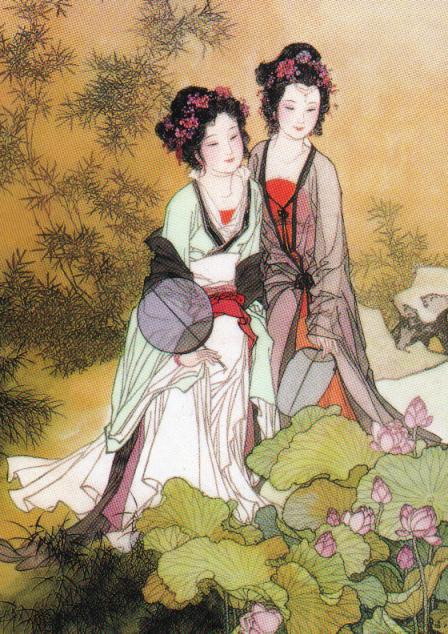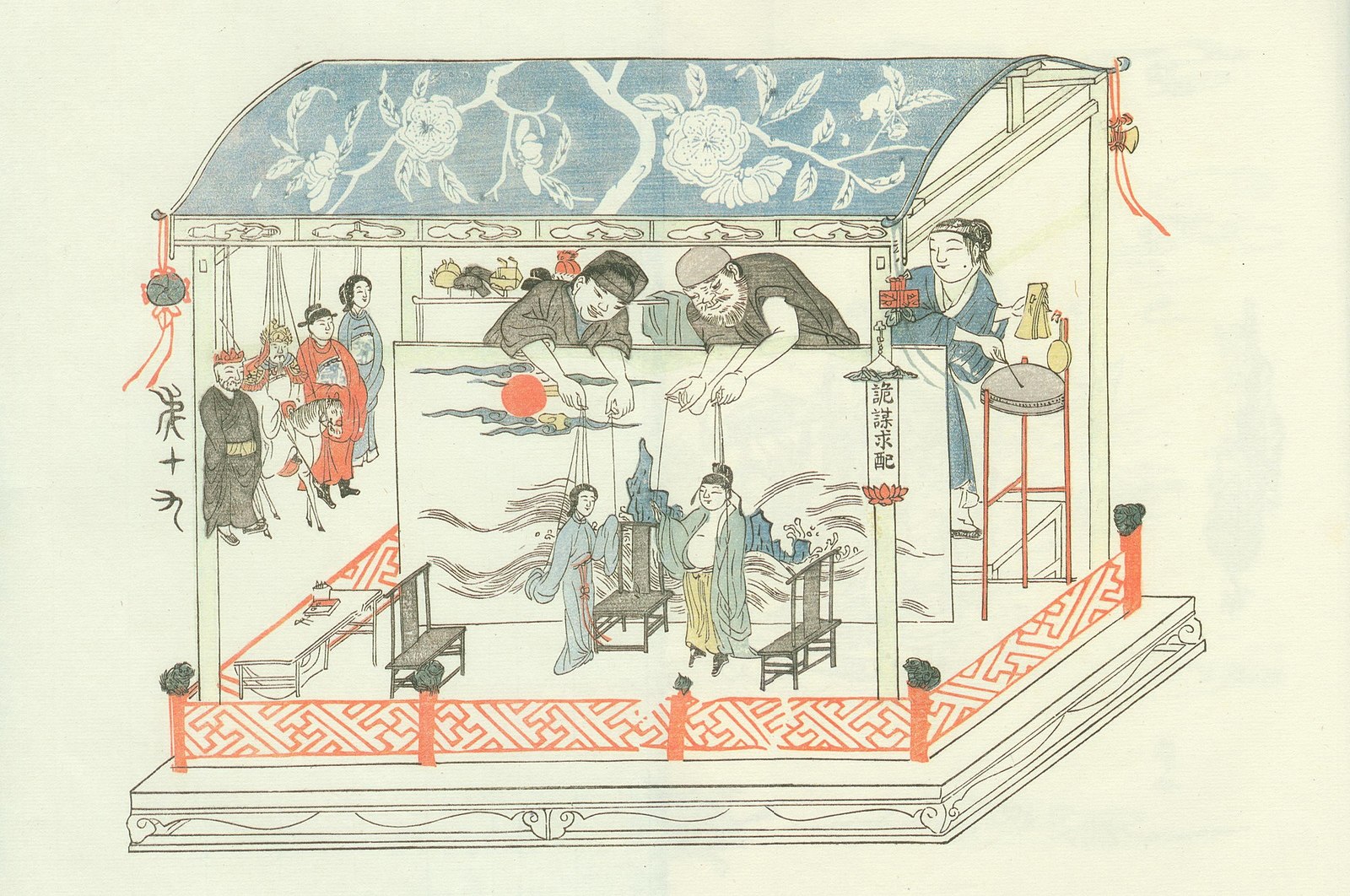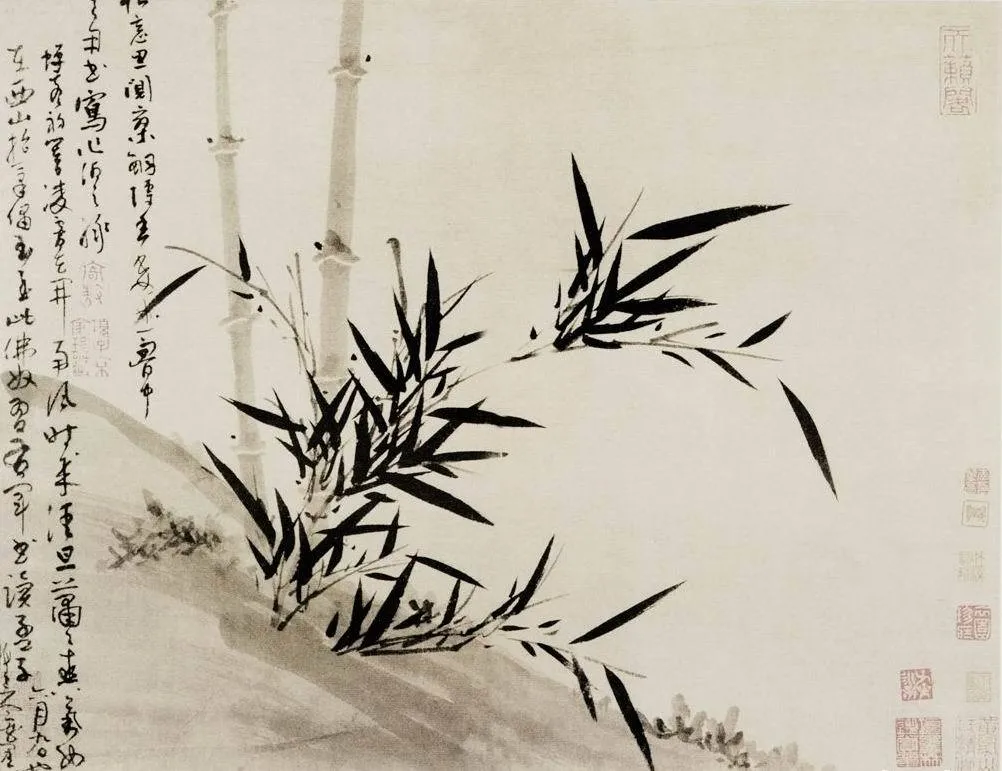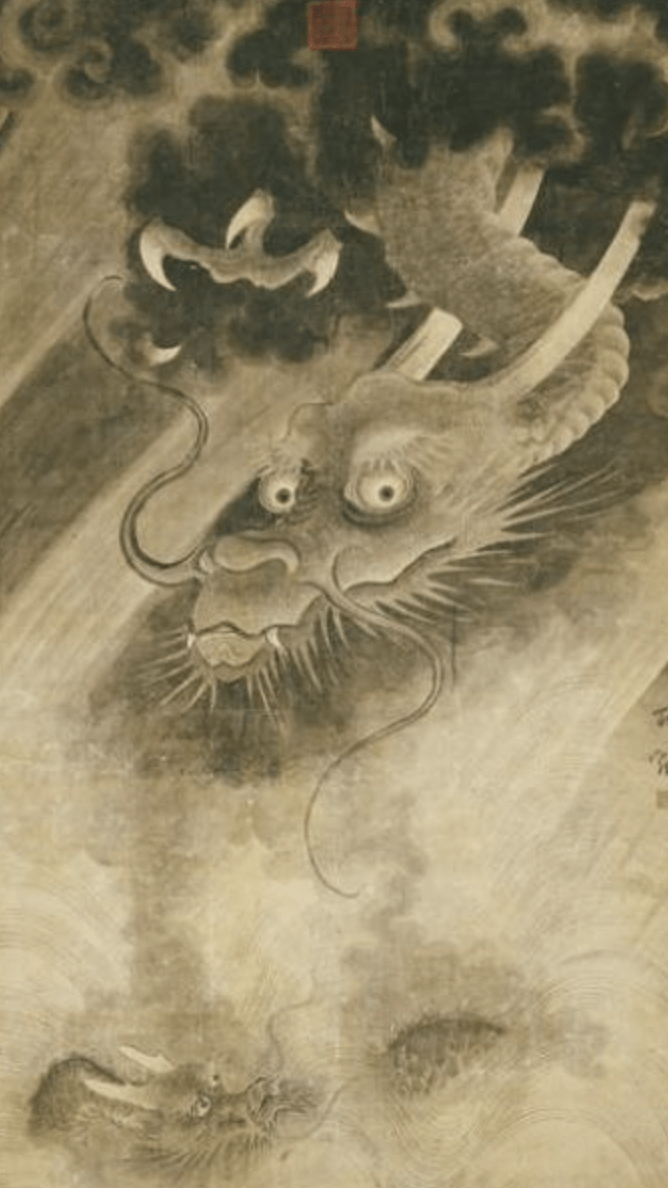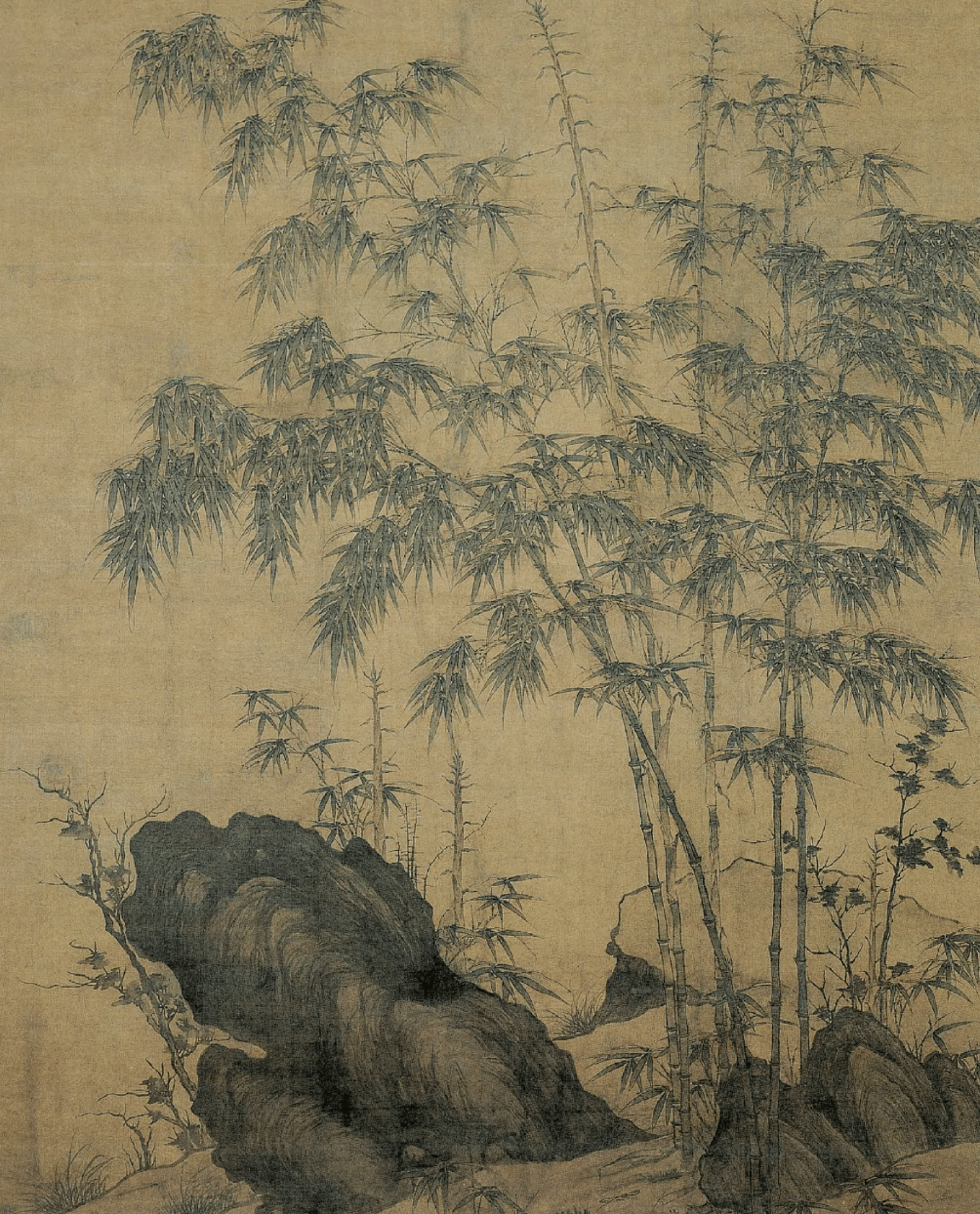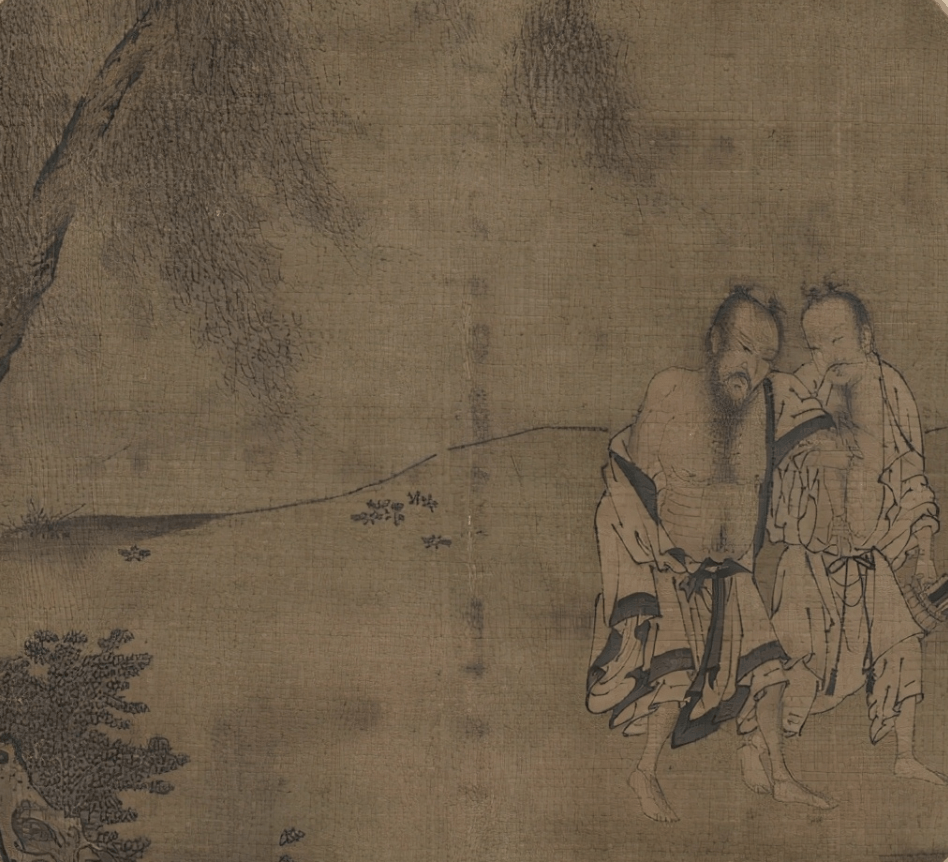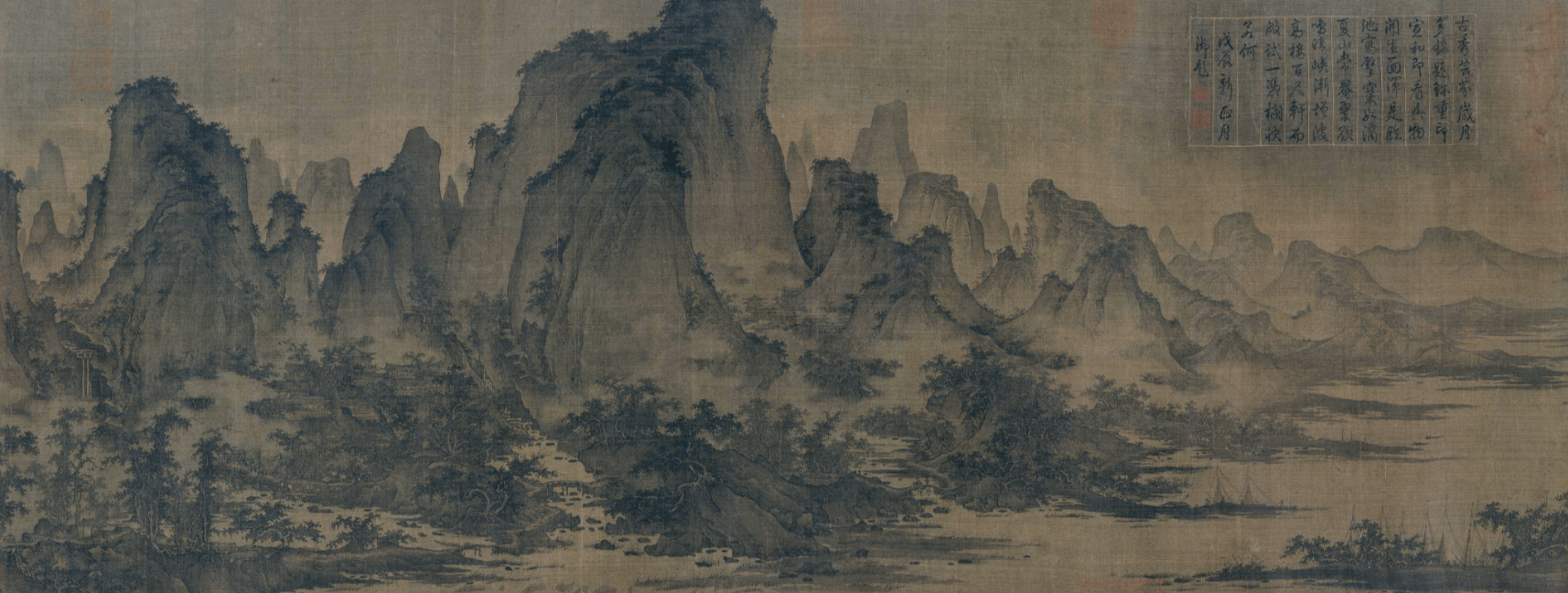The Unjust Case in Changle
In Changle County(長樂縣), Fujian Province, there was a woman surnamed Li. At the age of twenty-five, she gave birth to a son. Unfortunately, six months after the birth, her husband passed away. She was determined to raise the orphaned child. In the Li household, there was only a maidservant and an elderly servant. Apart from them, even close relatives rarely visited. The people in the village and surrounding areas who knew her held great respect for her.

